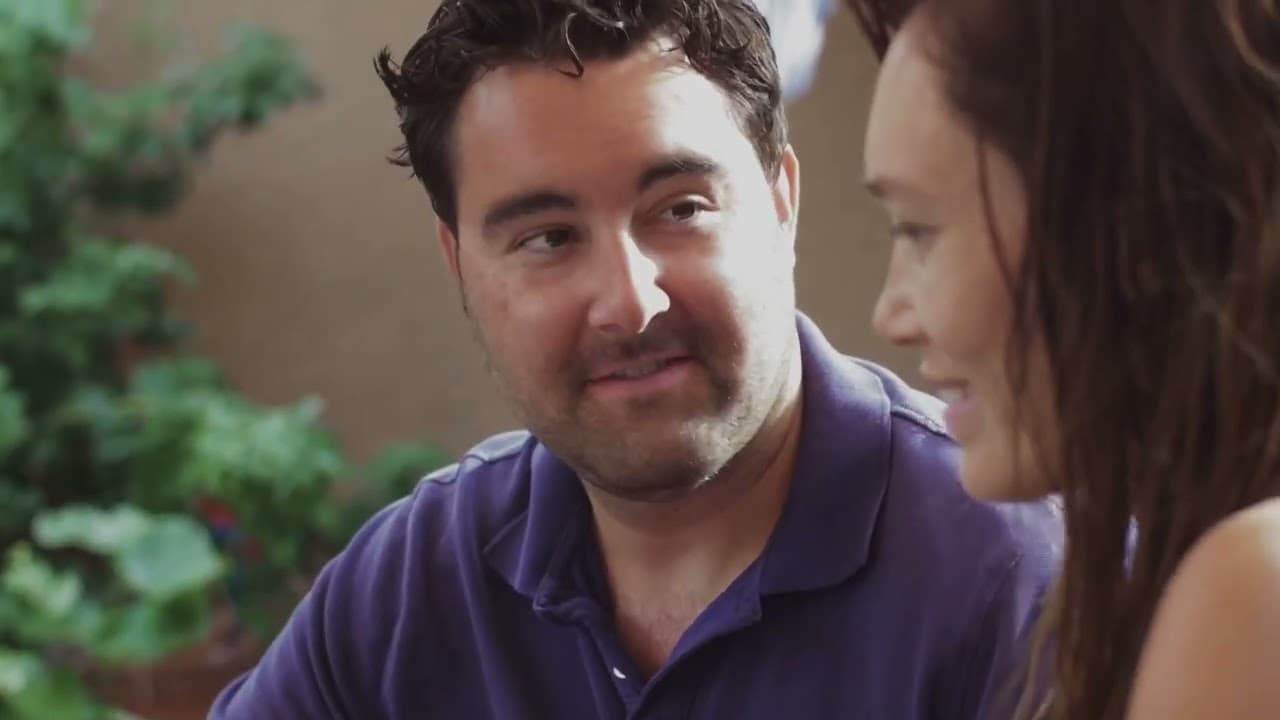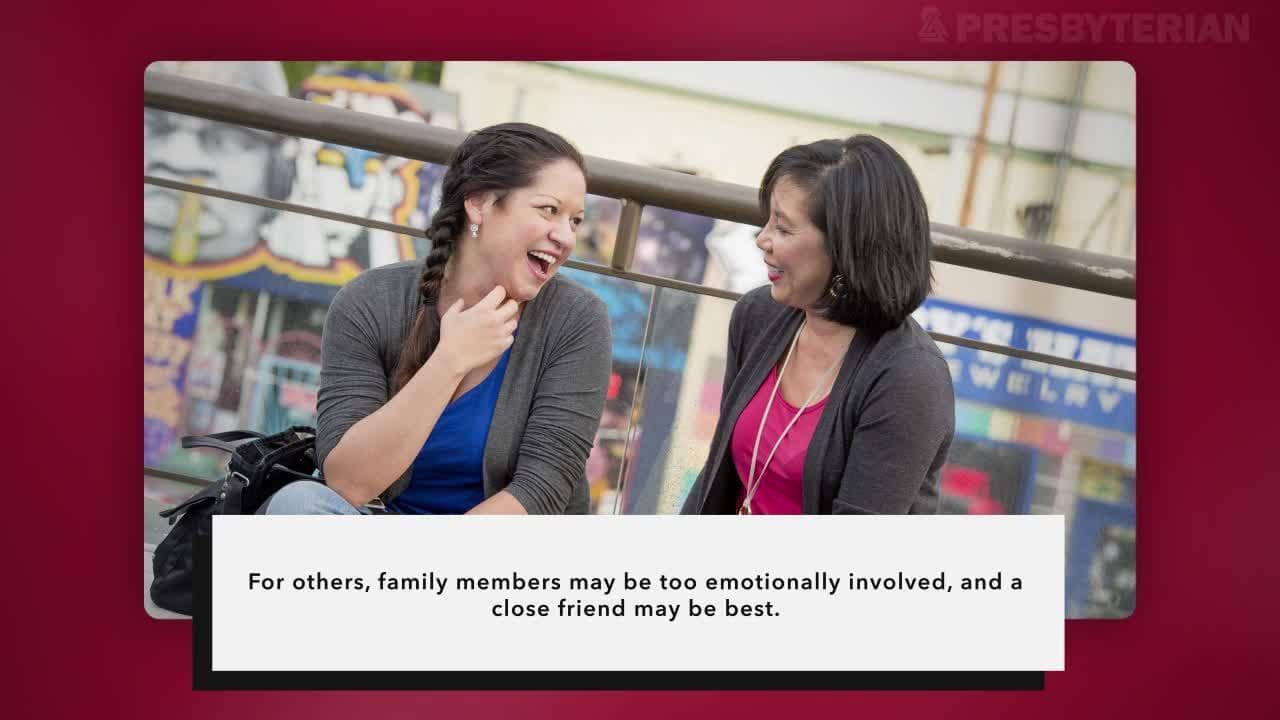Create an Advance Directive
Let your loved ones and healthcare providers know what’s most important to you.

What is Advance Care Planning?
Advance care planning is the process of thinking through and talking about your healthcare wishes so you can confidently create an advance directive. An advance directive is a legal document that makes your healthcare wishes clear if you were to become injured or sick and could not speak for yourself. Presbyterian has made the process easier with our electronic advance directive (eAD). When you complete the eAD process, your document will be stored in your medical record so that your wishes are always available to your healthcare team.
This is your healthcare and it should reflect your personal and cultural values. To make sure that you are always at the center of your care, click here to get started with an eAD.
LOGIN TO STARTWe’re here to help. Talk with an advance care planning specialist.
Presbyterian offers trained advance care planning facilitators to answer any questions you might have and to support you with the process of completing an advance directive.
You can make an appointment with a facilitator to work toward creating a personal healthcare advance directive specific to you. Facilitators are available by appointment only, and there is no cost for this service. To schedule, please call (505) 559-7226 or toll-free at 1-866-773-7226.
Your healthcare decision maker should be someone who will be your voice when you cannot speak for yourself. This can include a spouse, a same-sex spouse or domestic partner, a close friend, or another loved one. Your healthcare decision maker should be someone who is close to you and knows your values, but who can also maintain a clear mind when decisions need to be made. Your healthcare decision maker is required to make decisions that are consistent with your advance directive document or known wishes.

